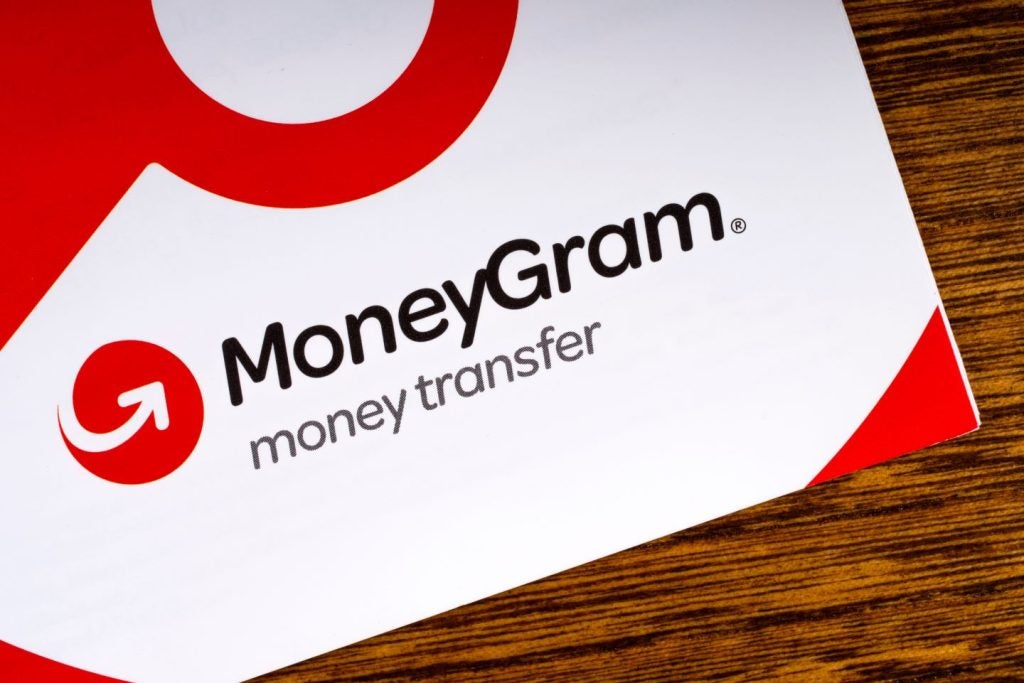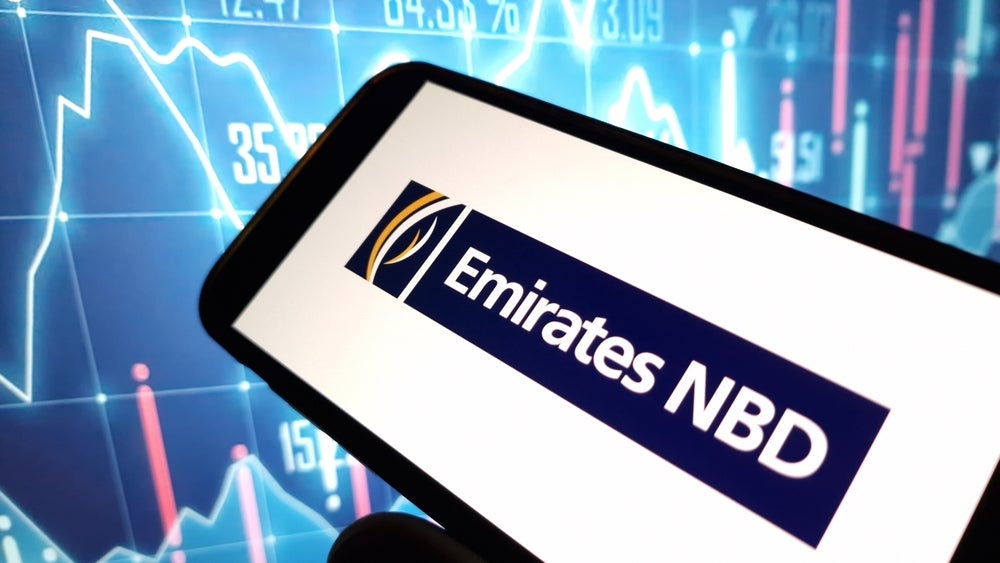The recent deal struck between MasterCard and Virgin Money follows a similar deal with Ecobank in Nigeria but what took it so long to make a debit comeback after losing its market position to Visa? And why now? Anna Milne speaks with Tamer El-Emary, senior vice president and group head, key issuers, UK & Ireland
Any conversation with a customer that has an incumbent partner can be challenging, and even though MasterCard had an existing relationship with Virgin Money, which was relaunched earlier this year as a result of the transition of the portfolio from MBNA to Virgin Money, how difficult was it to usurp Visa’s debit position.
"We did a good job of making the case for MasterCard. There is an established relationship there- they know us, they like the approach we have to debit- being the scheme of choice for challenger banks in the marketplace and we have a number of them coming into the market and changing the landscape of the market- we are the network of choice for a lot of these banks, we’ve got a number of smaller players in marketplace from Metro, Clydesdale, NIG – it’s a very important piece of our strategy as we build on our strength in the credit, prepaid and commercial space and it’s a sector we want to continue to grow in."
What is MasterCard’s approach?
"We have all the platforms, the network, the acceptance, the products, the value proposition to be a leading player in the space. we are a leading player versus the competition across Europe and in the UK we are focused on driving that business with our customers- the important thing to recognise from our standpoint is that the challenger banks we work with see our solutions as superior and beneficial to their needs.
"But we are also having continued conversations today and in the near term with a number of the larger players, well established with another scheme and they are waking up and listening to what MasterCard has to offer, versus Visa in particular.
One main difference is MasterCard has commercial orientation today, as opposed to being an association. It makes a big difference in the way we engage with our customers. From there you layer on our philosophy around loyalty, security, consulting practice.
So in addition to having the right infrastructure and the right kind of core products in place, the value added benefits beyond that, which get layered on, seem to distinguish MasterCard from the competition. Loyalty, security, consulting, etc.
Innovation ethos
"This is unique not only for our industry but across industries. A number of leaders and CEOs from outside our industry look at MasterCard to understand how we approach innovation and how we work with our customers to drive innovation for them as well. Also an approach to leveraging marketing assets- these are the type of things that customers are impressed by- regardless what kind of payment vehicle, be it credit, debit, prepaid, etc. Those components make a big difference when we’re having day to day conversations with customers and more challenging discussions to get them excited about our debit proposition as well.
What of MasterCard’s position in Ireland?
The lay of the land is very similar to the UK- in terms of MasterCard’s position in the market vis-a-vis Visa’s market position but what’s different with Ireland is the banking landscape. Business is concentrated between two to three big banks and a host of smaller ones. "It’s more fragmented, so the dialogue in some ways is harder and yet also easier because you have a select number of banks to work with, to change the lay of the land."
Embedding an emerging payments approach in a segmented market is more challenging- you have to get so many players on board with changing technology and processes and customer behaviour, etc. So in Ireland it becomes an interesting opportunity- be it credit, debit, to make some interesting inroads around emerging payments space.
KBC has exclusively MasterCard debit products in Ireland. And a couple of other opportunities are about to pop. Watch this space, El-Emary says. Particularly within some non-traditional banking sectors- other groups that offer banking and debit services to customers beyond just the traditional banks- some interesting things may start to happen there.
"We are doing everything we can to build MasterCard’s debit market position back up, going forward. Our strategy is to continue to engage with the new wave of banks coming into the marketplace and to engage with existing larger customers where we have a very strong relationship on other payment forms to drive a change towards debit with MasterCard."
Historically, the relationship was one of Barclays and Lloyds issuing Visa and Midland/HSBC and RBS/NatWest issuing MasterCard products. Going back further, part of the answer is Visa had its brand and proposition in place for a long time.
The banks that didn’t issue Visa issued Switch- and the functionality of Switch was built around a replacement of the cheque book.
The years 2008/2009 were the last years the big banks issued Maestro so it’s been a while, which is why MasterCard is keen to get back into this business.
"We are really strong in credit, prepaid and commercial- from a platform perspective and an acceptance perspective. There’s no reason why we shouldn’t also have a scalable business in debit," says El-Emary.
"The international market is so fragmented- we’re reasonably form factor agnostic in terms of whether customers use one type of card or one type of device over another and you’d be surprised how different markets are in their choice of payment type- it’s a priority in the UK and Ireland and less of a priority in other countries."
"The approach and the challenge around debit in the UK and Ireland is a very different picture compared to the rest of Europe- we are the market leader in debit across the European continent so looking at the UK and Ireland is a different situation- different approach for the UK and Ireland market."
Is there a timeline for target market share?
No, we have our plan focusing on growing the space- tying in with emerging payment strategy, making sure we are form agnostic in how we deliver services to our customers and the end user or SME/corporate and it’s important for us to grow our presence in the debit space in order to deliver against those promises."







